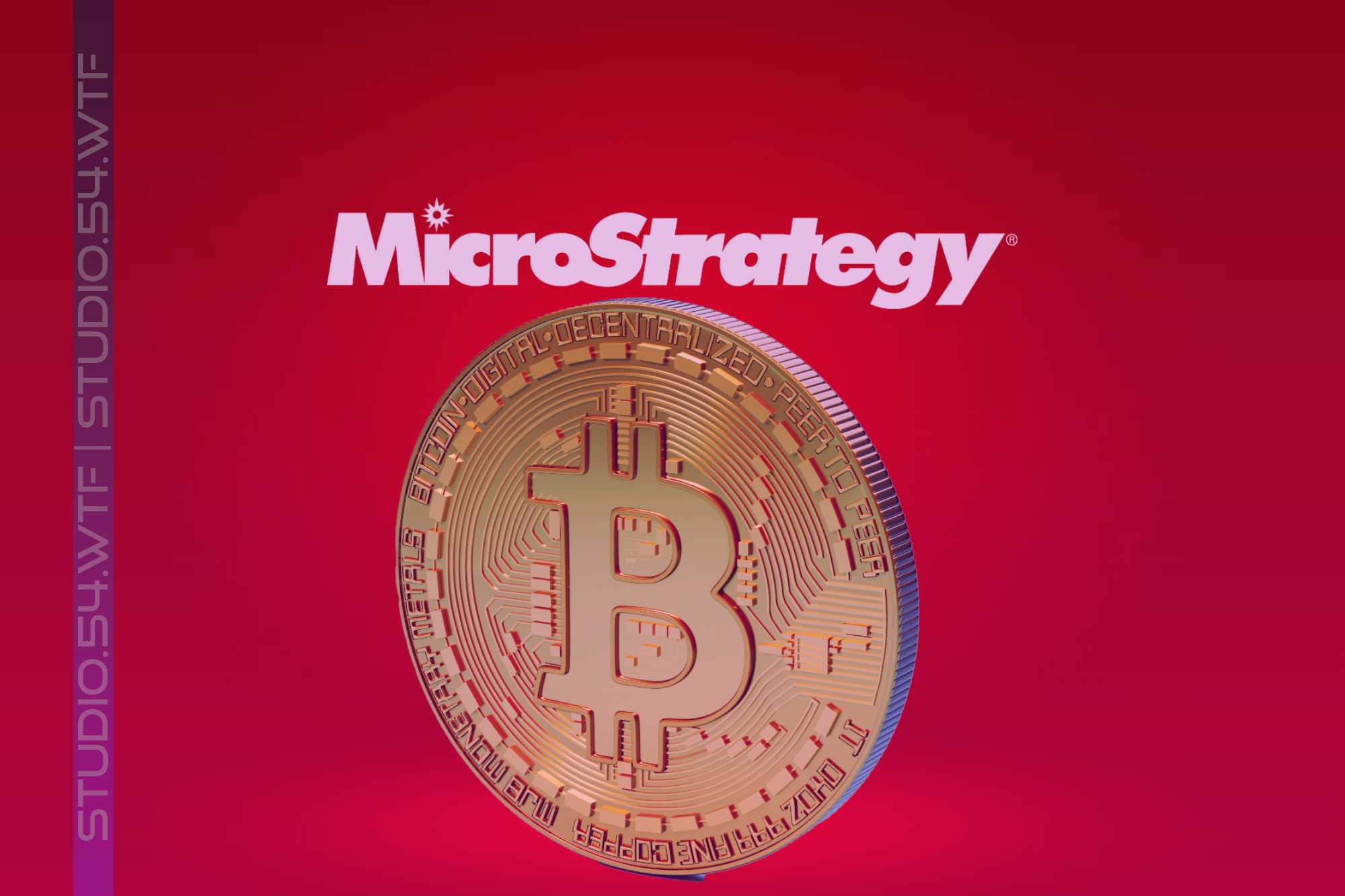
MicroStrategy keeps adding to its giant bitcoin stash, with a new buy announced Tuesday.
Bitcoin sits around $62,000 after tumbling nearly 7% in the last 24 hours at time of publication.
Following its newest all-time high — set earlier this month — bitcoin (BTC) has now tumbled 17%. However, as Blockworks reported Monday, Yield App Chief Investment Officer Lucas Kiely thinks that this might just be bitcoin entering the pre-halving “danger zone.”
Ethereum (ETH) also notched losses, trading around $3,200 — down over 8% in the last 24 hours.
Amidst the sea of red in the crypto space, few carved out some gains. Ribbon Finance (RBN) was up 8% in the past 24 hours to $1.35. In 2023, Ribbon Finance had announced its plans to merge into Aevo.
Native Aptos token APT was up to $15 on Tuesday, an increase of 7%. Last week, Aptos announced that it was joining Google Cloud’s Web3 startup program in an “expanding partnership.”
The native token for Stacks, the Bitcoin-adjacent blockchain, was at $2.77, a 4% bump in 24 hours. The token — alongside bitcoin — has seen an impressive rally since the fall of last year, following closely with the bitcoin gains.
Memecoin dogwifhat was one of the leading losers, down 18% over the past 24 hours to roughly $2.30. Jupiter (JUP), however, was leading the pack down 21% to $1.17.
Michael Saylor’s company doesn’t care what cycle crypto is in, it just wants to hit that buy button when it comes to bitcoin.
In the past month, the company made two senior notes offerings totaling $1.4 billion. One was priced at $800 million and the other at $603 million, both of which came in higher than previously expected.
In an update on Tuesday, the firm said it already spent the proceeds on bitcoin. Saylor tweeted that the company acquired 9.245 bitcoin for roughly $623 million between March 11 and March 18. The additional coins were bought for an average price of $67,382.
The most recent buy puts MicroStrategy’s holdings at 214,246 bitcoins, or roughly 1% of bitcoin.
However, its buys weren’t enough to turn around the stock, which is down 13% in early Tuesday trading. The stock has been under pressure since Monday morning as bitcoin continues to slide.
Saylor, in a Securities and Exchange Commission filing on Monday, disclosed that he sold shares of MSTR.
Grayscale saw its biggest day of outflows on Monday with $643 million leaving the bitcoin ETF, according to BitMEX Research.
Totaling the fund’s outflows, ETF strategist Todd Sohn noted that GBTC has seen the largest outflows for an ETF since 2009.
The firm has a notoriously high fee for its ETF, much higher than the rest of the ETF group’s tighter spread of fees. However, Grayscale is slightly different from the pack, partially because it converted its Bitcoin Trust to an ETF in January. It’s also the first of the ETF group to launch a so-called mini version of its ETF.
While the fee for the second fund hasn’t been disclosed, a source familiar with the matter told Blockworks just last week that it would be lower than GBTC’s fee.
The outflows don’t stop at Grayscale, however. Yesterday, the group as a whole saw $154 million in outflow, according to BitMEX data. BlackRock still led inflows for the group, though Fidelity notched lower inflows than previous days, only recording $5.9 million.
MicroStrategy wasn’t the only crypto stock to feel the pain Tuesday morning.
Source: Katherine Ross – blockworks.co